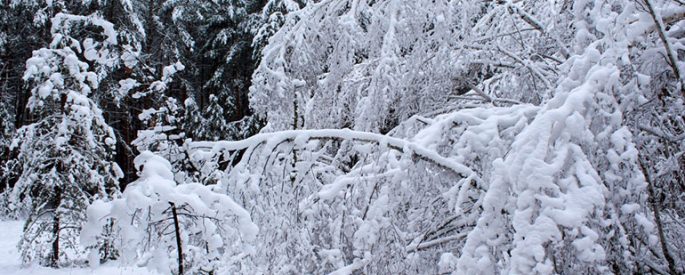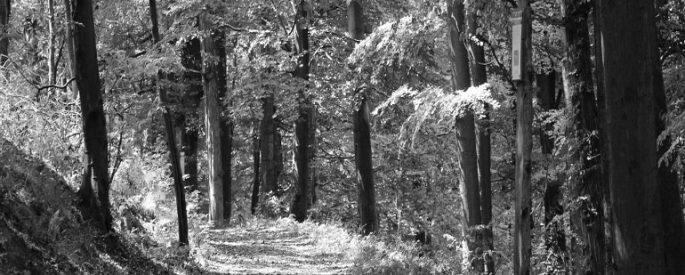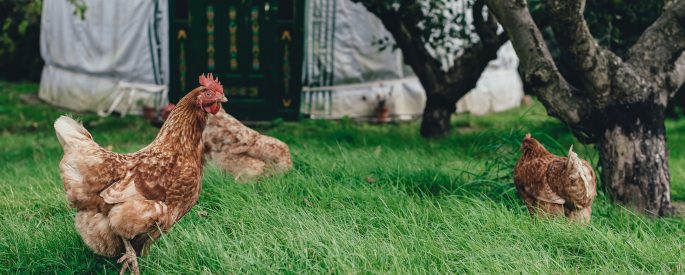Robert Frost Archive
Three Poems of Ordinary Exuberance for Uncertain Times

Eileen Myles’ “Peanut Butter,” Jane Hirshfield’s “My Species,” and Robert Frost’s “Birches” each use plainspoken vocabulary and domestic imagery to branch outwards towards life’s most urgent questions; each poem locates itself in small, particular moments of bliss and wonder.
Reading Winter

In poems by Margaret Atwood, Naomi Shihab Nye, and Robert Frost, we get a sense of the claustrophobia of winter without being overpowered by it.
Song for My Foe

Hayes and Moss offer us a very different kind of engagement with literary forebears; their responses perhaps recognize how those forebears have unequivocally shaped contemporary poetry, but they also identify the canon as an imperfect, exclusionary artifice and insist that there is not a single literary tradition.
Aloud Poetry

For so long, I’ve heard academic poets and readers disparage poems written to be spoken aloud, condemning them as less thoughtful, as noisy and navel-gazey, their craft less delicate and considered.
So Much Depends Upon: America’s Most Misread Poems

Over the years, I’ve distilled people’s reactions down to a core set of misconceptions about poetry. Some of the most pervasive: Poetry is overly difficult. It’s obtuse on purpose. It’s like a riddle. You need to read between the lines. It can mean anything you want it to.
Also a Farmer

I started farming the year after I completed my MFA, and in the six years since I’ve been trying to figure out how anyone could possibly be a writer and a farmer at the same time.
Harold Bloom’s Song of Self

Here’s the story of my first and only encounter with Harold Bloom. It was the first week of a new semester, my last semester of graduate school, and I was waiting in a stuffy seminar room packed with sharply dressed undergraduates. The luckiest students had secured seats around the grand